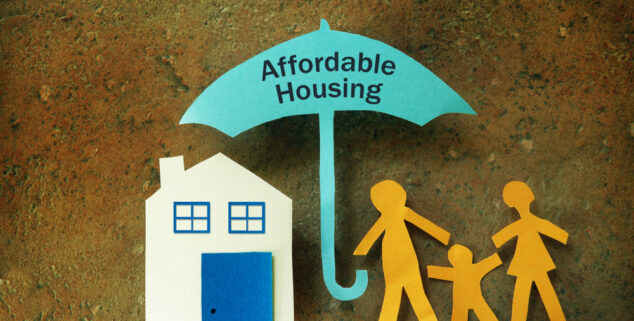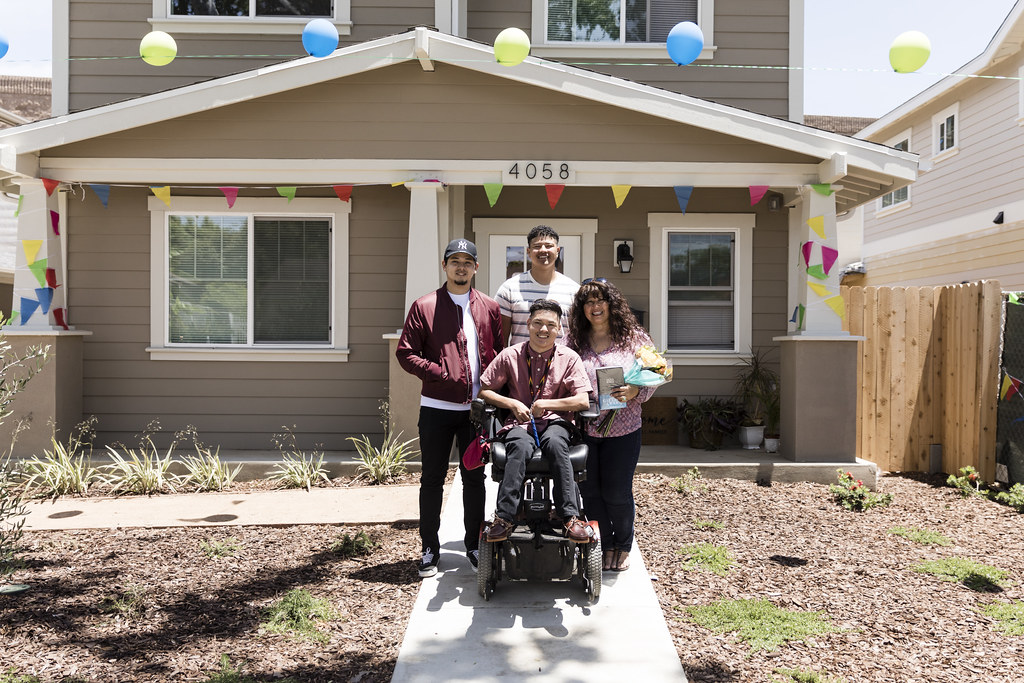Practical Tips for Navigating Affordable Homeownership in Today’s Market
Practical Tips for Navigating Affordable Homeownership in Today’s Market
Blog Article
Economical Homeownership Options for First-Time Homebuyers
As the real estate market continues to evolve, new property buyers face unique challenges in protecting economical homeownership options. These initiatives not just assist in homeownership yet additionally foster area security and financial development.
Federal Government Support Programs
Federal government help programs play a critical duty in making homeownership achievable for lots of people and families. These programs intend to minimize the financial concern associated with purchasing a home, particularly for newbie customers. By using financial assistance, grants, and tax obligation motivations, government efforts help bridge the void between climbing housing prices and the purchasing power of possible homeowners.
Various programs are available at the federal, state, and local degrees. The Federal Housing Management (FHA) supplies insurance on lendings, allowing lending institutions to provide much more positive terms, such as lower down payments and lowered passion prices. Furthermore, state and city governments typically have their own initiatives, which may include down settlement help programs, buyer education and learning programs, and positive home mortgage terms.
These programs are designed to attend to the special difficulties dealt with by reduced- to moderate-income family members, consisting of restricted financial savings and credit report. By promoting an atmosphere where homeownership is more accessible, government support programs not only support individual aspirations yet additionally add to community stability and economic growth. Understanding and making use of these sources can considerably enhance the leads of successful homeownership.
Low-Down-Payment Mortgages
For numerous ambitious house owners, low-down-payment mortgages offer a practical path to homeownership, especially in today's difficult real estate market. These home mortgage choices usually call for deposits ranging from 3% to 5%, making it easier for new purchasers to enter the marketplace without the problem of conserving for a considerable deposit.
Various lending institutions offer low-down-payment programs, including standard fundings backed by Fannie Mae and Freddie Mac, along with government-backed options like FHA fundings. These mortgages are made to fit individuals with limited savings while still giving competitive rate of interest. Significantly, they permit purchasers to preserve even more cash money for other crucial expenditures, such as moving expenses, home inspections, and prospective renovations.
Nevertheless, prospective house owners must be conscious of the compromises associated with low-down-payment mortgages. A smaller sized down payment may lead to higher month-to-month repayments and the need of exclusive mortgage insurance policy (PMI), which shields loan providers in case of default. As a result, it is important for first-time buyers to carry out thorough research study and consult with mortgage professionals, guaranteeing they choose a low-down-payment alternative that lines up with their lasting monetary goals. Affordable Homeownership.
First-Time Buyer Grants
Many newbie property buyers discover that grants can significantly ease the financial worry of buying a home, matching low-down-payment home mortgage choices. These grants, frequently given by state and city governments or charitable organizations, provide financial aid that does not need settlement, making them an appealing option for those entering the housing market.
Qualification for novice property buyer grants typically relies on revenue, creditworthiness, and the purchase cost of the home. Many programs are designed to aid low- to moderate-income households, making sure that assistance gets to those that need it most. The application process often involves documents of this contact form monetary status, property buyer education and learning training courses, and often even a commitment to remain in the home for a particular duration.
The quantity of support varies widely, with some grants providing numerous thousand dollars to help cover shutting costs or deposits. Researching readily available grants in your location is essential, as programs regularly alter and may have details requirements. By leveraging these funds, newbie homebuyers can make homeownership more easily accessible, ultimately attaining their desire for having a home while alleviating the preliminary financial stress.
Ingenious Community Campaigns
Innovative area campaigns are playing a critical role in expanding budget-friendly homeownership options for residents. These initiatives typically involve joint initiatives between city governments, non-profit organizations, and private market stakeholders to produce lasting housing options customized to neighborhood requirements.
One noteworthy approach is the establishment of neighborhood land counts on (CLTs), which allow locals to buy homes while the land remains possessed by the count on. This design helps keep cost over time and prevents speculative cost boosts. Additionally, CLTs typically provide instructional sources and support services to equip newbie homebuyers.
One more reliable initiative is the advancement of mixed-income housing projects, which mix affordable devices with market-rate homes. This method cultivates inclusive communities and minimizes the preconception often related to low-income real estate. Additionally, regional governments are progressively sustaining zoning reforms to assist in the building and construction of accessory residence systems (ADUs), which can give extra rental income for homeowners while have a peek at this site boosting real estate accessibility.

Tips for Budgeting and Saving

Next, establish a specialized interest-bearing account specifically for your future home purchase. Purpose to save a percentage of your income regularly, ideally 20% or more, to develop a substantial deposit. Use automation devices, such as direct deposit or automated transfers, to make saving much easier and extra regular.
Additionally, think about adopting the 50/30/20 rule: allocate 50% of your revenue to needs, 30% to wants, and 20% to savings and financial obligation repayment - Affordable Homeownership. This method advertises balanced monetary wellness

Final Thought
In recap, affordable homeownership options for first-time homebuyers incorporate numerous sources such as federal government support programs, low-down-payment home mortgages, and gives. By leveraging these economic devices, people can navigate the complexities of homeownership, inevitably contributing to an extra fair housing landscape.
As the real estate market proceeds to evolve, first-time homebuyers encounter special challenges in securing cost effective homeownership alternatives. By promoting an atmosphere where homeownership is a lot more available, federal government aid programs not only sustain specific ambitions however also contribute to community stability and economic growth. By leveraging these economic sources, newbie homebuyers can make homeownership extra available, ultimately attaining their desire of possessing a home while mitigating the initial financial stress.
In recap, affordable homeownership options for novice buyers incorporate numerous sources such as government help programs, low-down-payment home loans, and grants. By leveraging these economic devices, individuals can browse the intricacies of homeownership, ultimately adding to an extra fair housing landscape.
Report this page